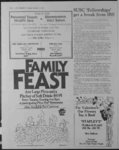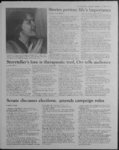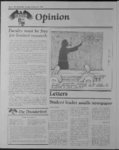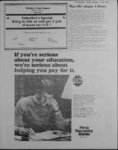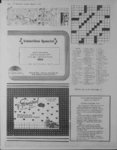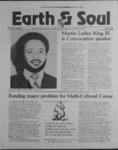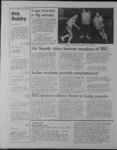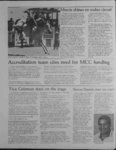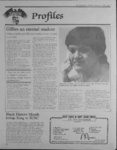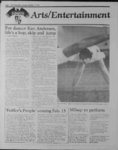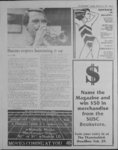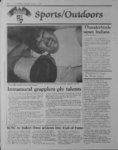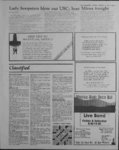Southern Utah University Student Newspapers | 1984-02-13 | Page 7
| Type | issue |
| Date | 1984-02-13 |
| Paper | Southern Utah University Student Newspapers |
| Language | eng |
| City | Cedar City |
| County | Iron |
| Category | School |
| Rights | In Copyright (InC) |
| Rights Holder | Southern Utah University, Cedar City, UT |
| Publisher | Digitized by J. Willard Marriott Library, University of Utah |
| ARK | ark:/87278/s6t207t9 |
| Reference URL | https://newspapers.lib.utah.edu/ark:/87278/s6t207t9 |
Page Metadata
| Type | page |
| Date | 1984-02-13 |
| Paper | Southern Utah University Student Newspapers |
| Language | eng |
| City | Cedar City |
| County | Iron |
| Category | School |
| Page | 7 |
| Reference URL | https://newspapers.lib.utah.edu/ark:/87278/s6t207t9/26680956 |

